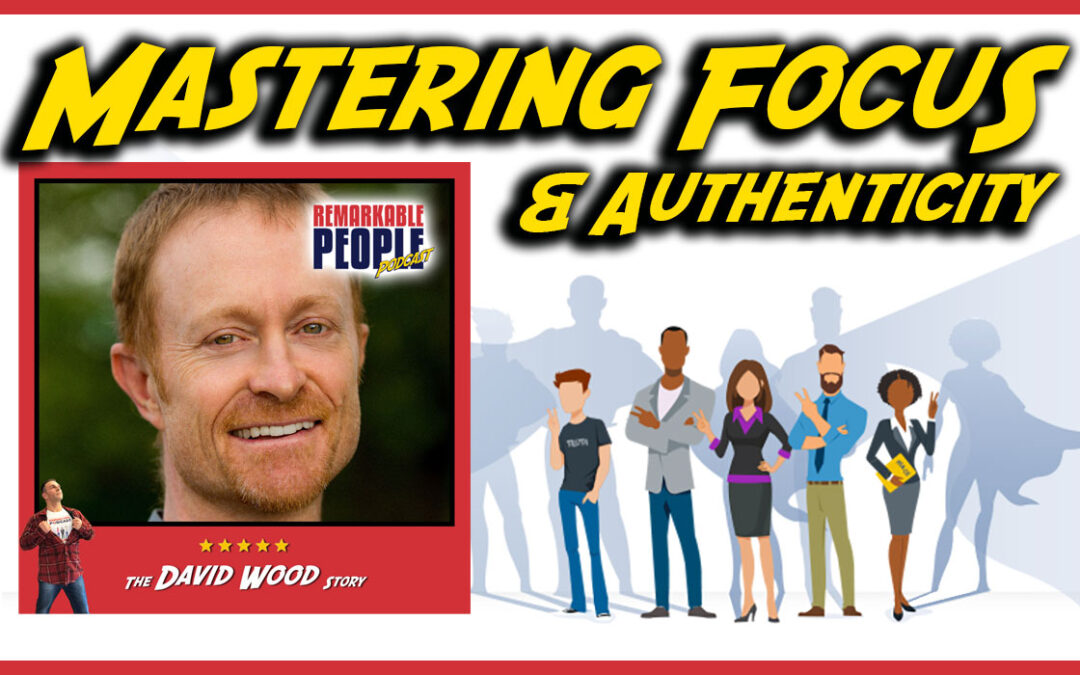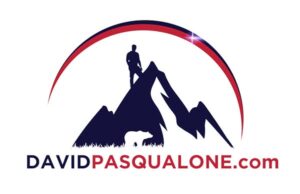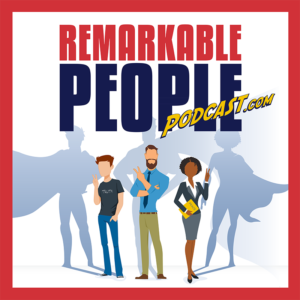Originally Published: November 25, 2025
Life has a real way of throwing us a curveball when we least expect it. One day, you’re moving forward with plans, routines, and a sense of stability, and the next BAM, you’re hit with something that has the ability to knock you from your feet, whether it’s a medical diagnosis, an unexpected loss, financial strain, or something else that takes you completely by surprise and leaves you questioning everything. But, you know what? The first step to recovering and getting back on your feet is recognizing when you’ve lost traction.
Losing your footing doesn’t always look dramatic. Sometimes it shows up quietly: trouble concentrating, feeling overwhelmed by simple tasks, withdrawing from people you normally rely on, or noticing that your emotions feel heavier than usual. These are signs that your internal balance has tipped, even if you’re still functioning on the surface.
It’s important to acknowledge these moments without judgment. You’re not “overreacting” or “failing to cope.” You’re responding to a disruption that would shake anyone, and recognising it early can help you avoid sliding even further. Naming what’s happening, whether it’s burnout, grief, sudden uncertainty, or fear, gives you the power to address it with clarity rather than panic.
Rapid stabilisers that help you get your feet back under you
Once you’ve recognised that you’re off-balance, the next step is grounding yourself with rapid stabilisers. These small but impactful actions help slow the spiral and create just enough steadiness to start rebuilding.
Breath and body
Start with breath and body. A few minutes of slow breathing, stretching, or simply anchoring your attention to physical sensations can interrupt the stress response long enough for your mind to regain perspective. It’s not a cure; it’s a foothold.
A narrow focus
Next, you are going to want to narrow your focus. When everything feels chaotic, try choosing one tiny, non-negotiable task such as getting dressed, washing a dish, stepping outside for a moment. These “micro-wins” break through paralysis and remind your brain that movement is still possible.
Seek support
It’s a really good idea to rely on your support system, even if that support is small or imperfect. Sending a quick message to a friend, asking for a practical favor, or accepting help offered to you can provide emotional stability that’s hard to generate alone. Humans aren’t meant to weather life’s curveballs in isolation.
Permission to pause
Finally, give yourself permission to pause big decisions. In moments of upheaval, rushing into solutions can make things worse. Stabilising first emotionally, physically and mentally, sets the stage for clearer thinking and more sustainable long-term choices.
Knowing when it’s time to bring in professional guidance
There are moments when curveballs cause more than temporary wobbling, and they actually create complex challenges that require expert support. Recognising when it’s time to bring in professionals isn’t a sign of weakness; it’s a sign of self-awareness and strength.
If your situation involves disability, long-term health issues, or a complex claims process, connecting with a specialist can make a tremendous difference. For example, firms like impactdisabilitylaw.com offer guidance for people navigating disability benefits, appeals, and legal obstacles that can feel overwhelming to tackle alone. Having someone knowledgeable in your corner can reduce stress and help you avoid costly missteps.
Professional support is also valuable when your emotional or mental load becomes too heavy. Therapists, financial advisors, legal advocates, and medical professionals can all serve as stabilising anchors when life becomes more than you can reasonably carry by yourself.
Curveballs, you should remember, do not necessarily mean you are on the wrong path or that life is going to change for the worst; they just mean that you need to adjust, recalibrate, and reach for support. So you can get things back on track.
Want More Info? How about a Free 30-minute Consult with Ascend?
Schedule Your Free Consultation Now!
Special thanks to the following source(s) for the image(s) used in this article:
Enjoy a Great Podcast? ?
Check out this Remarkable episode to continue the conversation and help you grow!

How to Take the Driver’s Seat and Achieve 5-Year Goals in 2 Years with David Wood
"Are you digging a hundred holes three feet deep, or are you going deep for the gold?" ~ David WoodWATCH THE PODCAST Click the play button ▶️ above 👆 to watch now! Please Note: You can skip any ads after 5-seconds by clicking, "Skip Ad" in the bottom-right corner of the video window. These are not ads we control, or necessarily endorse. They are delivered by the video hosting company, YouTube or Rumble. Thank you for understanding....
 Listen Now!
Listen Now!
DISCLAIMER: This is an affiliate article. We post affiliate articles with the intent of helping you grow. They are not written, researched, or necessarily endorsed by our team. They are simply content submitted to us by what appears to be respectable affiliate sources, people, and organizations, which upon initial review, seem solid and helpful to our community, so we post them. It is up to you to personally verify the facts, links, organizations mentioned, the validity of the information presented, and any/all claims made in the article(s). To report an issue with any of the information, links, or organizations mentioned in this, or any content posted on our website, or if you simply have a question or need something we can help you with, please contact us now.






